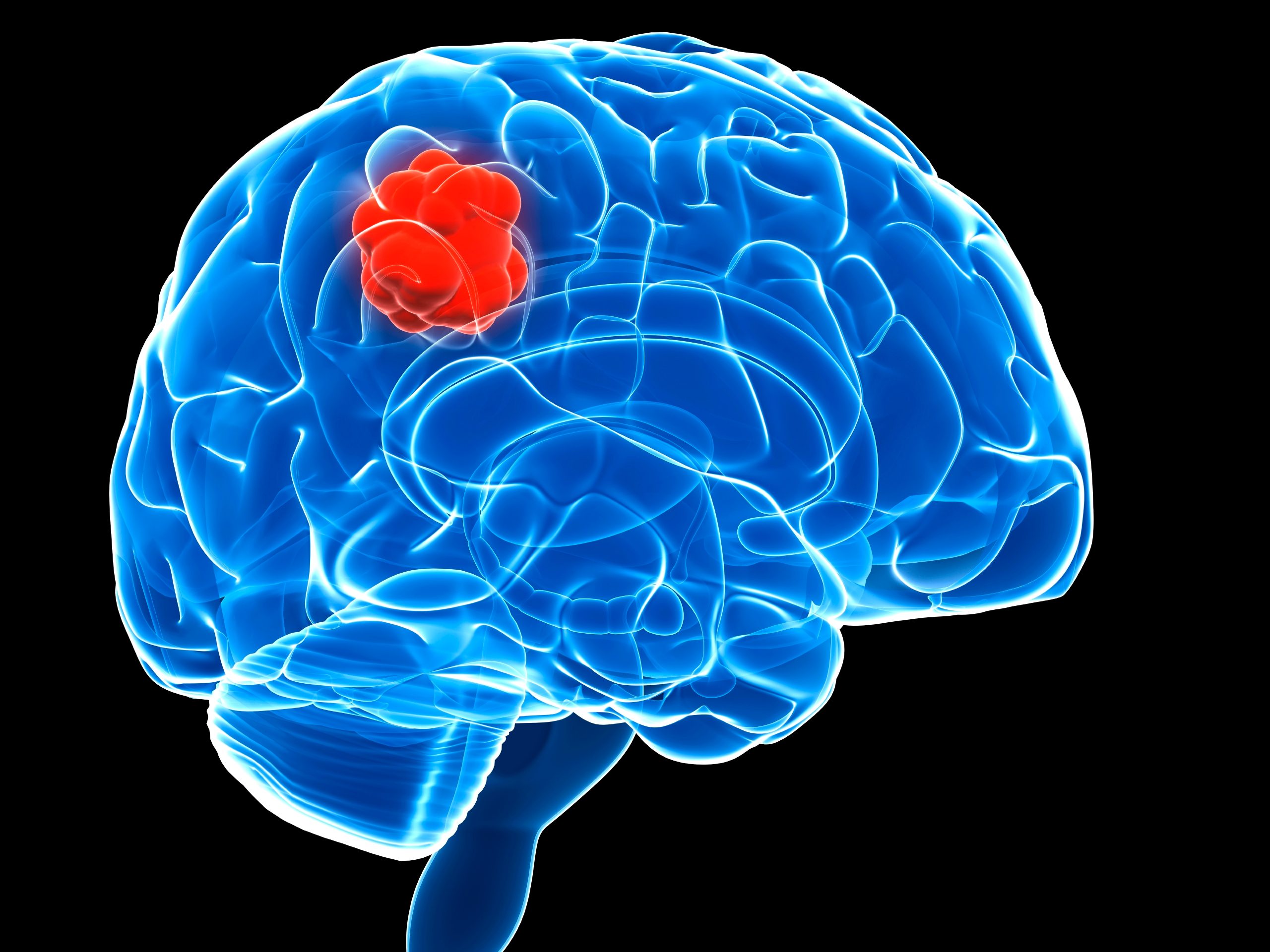How Does Brain Tumour Affects The Brain?
Apr 19, 2022
Brain is an important part of the body which controls directly or indirectly all the functions of our body. The brain has a rich blood supply and is protected by a fluid called cerebrospinal fluid (CSF). The brain is covered by membranes and all these structures are enclosed in the skull.
Brain tumours can affect the brain in various ways according to their location within the brain. A brain tumour can either arise from a brain or may reach the brain from other parts of the body.

As the brain tumour grows it causes swelling of the brain called as brain oedema. Tumour can compress the brain or can cause a shift in the brain.
Depending on the site of the tumour, functions of the brain are affected. If the tumour is located on the motor strip, the part responsible for movements of the body, paralysis or weakness of body can occur.
Similarly blindness, deafness or loss of speech can occur depending on the location of the tumour.
Swelling produced by a tumour in the brain can give rise to increased brain pressure. Sometimes tumours can directly or indirectly block the normal circulation of brain fluid. Accumulation of fluid in the brain again produces a rise in brain pressure. As the skull enclosing the brain cannot expand, the pressure rises rapidly with expanding brain tumour.
The rise in pressure can produce a variety of symptoms like Headache, Nausea and Vomiting. Sometimes fits can also occur. Later loss of consciousness and coma may occur. Forgetfulness, behaviour changes and psychosis can also be presenting symptoms according to the tumour location.
Some tumours arise from the hormone-secreting areas of the body like a pituitary gland. These tumours secrete a particular type of hormone and bring about different changes in body structures. Menstrual irregularity, weight gain, infertility, overgrowth or growth retardation can occur as a result of pituitary tumours.
Some tumours which are located superficially on the brain can bring about changes in the skull bones. The bones may become thick to produce swelling or may become thin and eroded. Sometimes fluid of the brain can leak through the eroded bones.
Some tumours arising from the brain stem can present with difficulty in swallowing, chewing, eating or imbalance. some times the food may come out through the nose while eating. A shock-like or electric current like pain can also occur on the face.
A brain tumour can bleed suddenly and can cause immediate loss of consciousness. the patient can become comatose within few seconds.
Any person showing the above symptoms and signs should be taken to the doctor for further evaluation. most of the tumours are detected by CT scan or MRI scan of the brain.
Early warning signs include early morning headache and vomiting.
All patients with new-onset fits should undergo evaluation.









